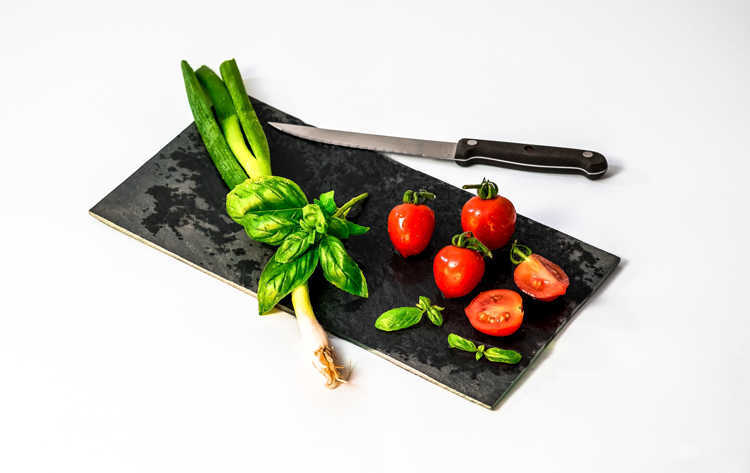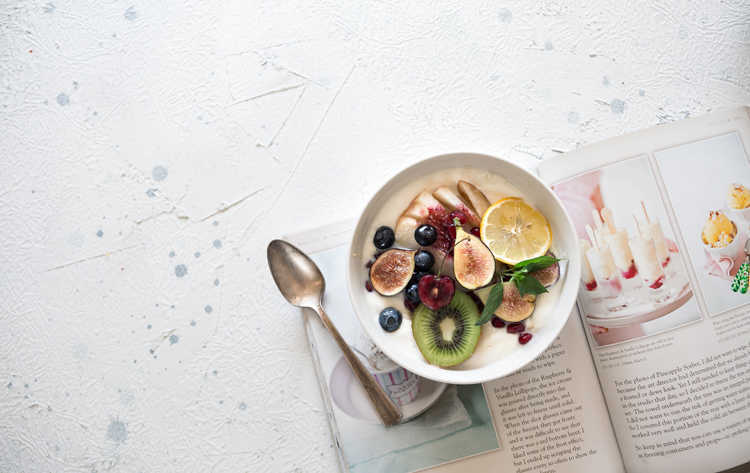Educational FAQ


|
Why should fruits and vegetables be a major part of your diet?
More than any other food in the world, fruits and vegetable are abundant in vitamins and minerals that your body requires. Not too mention, they make for guilt-free snacks because of the low calorie intake and the high fiber in them. How can fruits and vegetable help your body? They can aid in the prevention of heart disease and many types of cancers. How much fruits and vegetables should you eat on a daily basis? Men Require: • 2 to 2 and half cups of fruit. • 3 to 4 cups of vegetables. Women Require: • 2 cups of fruit. • 3 cups of vegetables. Children Require: • 1 to 1 and half cups of fruit. • 1 to 1 and half cups of vegetables. Take note: • 1 cup of fruit is equal to 1 cup of fruit or fruit juice and half cup of dried fruit. • 1 cup of vegetables is equal to 1 raw or cooked vegetable and 2 cups of leafy vegetables. How do you select fresh fruits and vegetables? Here are a few tips to select fresh and ripe produce: Fruits 1. Check the fruit's smoothness and firmness - if it has dents and is soft in parts, it may be already rotting on inside or it was not handled properly. 2. Smell the fruit - if it has a light aroma then it is fresh. 3. Avoid fruits that have dark marks and discoloration. Vegetables 1. Inspect the appearance of the vegetable - look for firmness and the color consistency. 2. Check the leaves if they give a good snap when you break one off. 3. Any foul order coming from the vegetable should be avoided. How do you store fruits and vegetables to maintain their freshness? Different fruits and vegetables require different ways of storing them. Here are a few quick ways: 1. Store apples, carrots, broccoli, watermelon, and leafy greens away from bananas, tomatoes, plums, pears, nectarines, kiwis, mangoes, avocados, and cantaloupes. The former group releases a chemical that will prematurely ripen the latter group. 2. Potatoes, onions, and tomatoes should be kept in a cool, dry spot in your kitchen. No need to put them in the refrigerator. 3. Unripe produce should be on the kitchen counter. You can put them in the fridge once they are ripe. 4. Herbs and salad greens should be in airtight plastic bags (that contain a bit of air). 5. Citrus fruits will keep for up to a week in a cool and dark area. You can prolong their freshness by then putting them in a perforated bag in the fridge. 6. Celery should be wrapped in aluminum foil and stored in the vegetable area of the fridge. 7. Broccoli, carrots, and lettuce immediately begin to spoil after harvest so they need to be put in separate plastic bags in the crisper of the fridge. Make sure they are dry because moisture accelerates the spoilage. 8. Only wash berries when you're about to eat them. Wet berries get moldy the longer they are stored. 9. If you prefer to clean, dry, and slice your produce, store them in transparent glass jars, covered in paper towels. This way you'll be reminded that you need to eat them and this will prevent them from getting affected by moisture. 10. If you have a tendency to forget the fruits and vegetables in the crisper, then put then in reusable plastic bags in plain sight in your kitchen. 11. Buy your produce weekly or plan out your meals every week otherwise, you are liable to waste your fruits and vegetables. 12. Get rid of rotten fruits and vegetable right away because they will affect your other produce stored in the same place. Here's to your health! |
